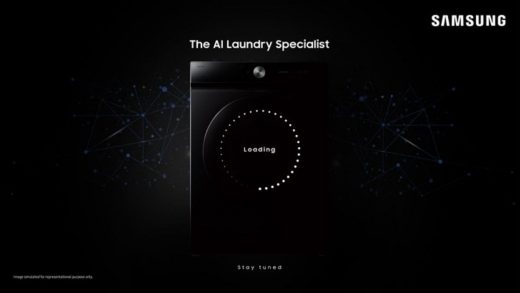Canadian Premium Sand is seeking financing to build a proposed $900 million solar panel manufacturing plant in Selkirk. Now, it’s added the possibility of building a similar facility in the United States.
The Calgary-based company has recently incorporated in the U.S. and has a strategic partner with experience in glass manufacturing lined up for what would be a joint-venture in America.
Glenn Leroux, CEO of Canadian Premium Sand, said it’s not a matter of building either in Selkirk or the U.S. — “We intend to do both.”
supplied
A rendering of the proposed Canadian Premium Sand mine facility near Hollow Water.
However, the financing has still not been forthcoming. In September, the company announced it had $272 million in provincial and federal funding and incentives lined up. But that financial support will only materialize if the rest of the capital is raised.
Leroux acknowledged the process was taking longer than anticipated. He said at least part of the reason is North American fund managers do not have much experience in the solar glass business, because the industry does not exist in Canada or the U.S.
“The Chinese killed the North American market 10 years ago,” he said. “But it’s coming back.”
With a strategic partner that has expertise in the glass business (although, not glass used for solar power generation), Leroux believes it will be beneficial in discussions with prospective bankers.
“Bankers ask us if we have ever built or operated a solar panel manufacturing facility and we have not,” Leroux said. “With a strategic partner aligned with us, it changes things in the eyes of the investment community.”
As well, having a U.S. manufacturing option will mitigate against any ‘Buy American’ provisions that may emerge while still having the very low carbon footprint of the Selkirk plant.
“I believe there will be an incentive to that effect (to be the lowest carbon footprint supplier) sometime in our future,” he said. “We will be able to say to our customers, ‘Which one do you want?’ I think we could command a premium price for both.”
CPS has environmental permits in place to mine the high-purity, low-iron silica sand from its wholly owned Wanipigow quarry leases, near Hollow Water First Nation. It also has an option to purchase land in Selkirk and support from that municipality.
Leroux said the Selkirk greenfield project will be able to be done at a lower cost than would be the case in the U.S.
It also has support from the province in the form of infrastructure investments that will reduce capital costs for the project by about $32 million and commitments for a $40 million low-interest loan with provisions up to 10 per cent of that to be forgiven over time.
Federal government support in principle is in the form of $100 million non-dilutive financing, as well as the potential for another $100 million from the Indigenous Loan Guarantee Program. But the company needs to encourage an Indigenous entity to apply for that funding and invest in CPS.
But, again, public-sector financing is dependent on the company’s success in raising the rest of the cash.
Although he’s been working on the project for years, Leroux said he’s confident CPS will be able to accomplish that in 2025.
“We’re feeling very, very positive about it all,” he said. “If we can get the financing in place in 2025, we could maybe even have shovels in the ground that year. We are really ready to go.”
This week, the company raised more than $3 million from current shareholders who exercised warrants due to expire at the end of this year.
Those investors, including board members and management, paid a 33 per cent premium to the company’s current share price — an indication, Leroux believes, in the faith insiders have in the project.

Martin Cash
Reporter
Martin Cash is a business reporter/columnist who’s been on that beat for the Free Press since 1989. He’s a graduate of the University of Toronto and studied journalism at Ryerson (now Toronto Metropolitan University). Read more about Martin.
Every piece of reporting Martin produces is reviewed by an editing team before it is posted online or published in print — part of the Free Press‘s tradition, since 1872, of producing reliable independent journalism. Read more about Free Press’s history and mandate, and learn how our newsroom operates.
Our newsroom depends on a growing audience of readers to power our journalism. If you are not a paid reader, please consider becoming a subscriber.
Our newsroom depends on its audience of readers to power our journalism. Thank you for your support.


